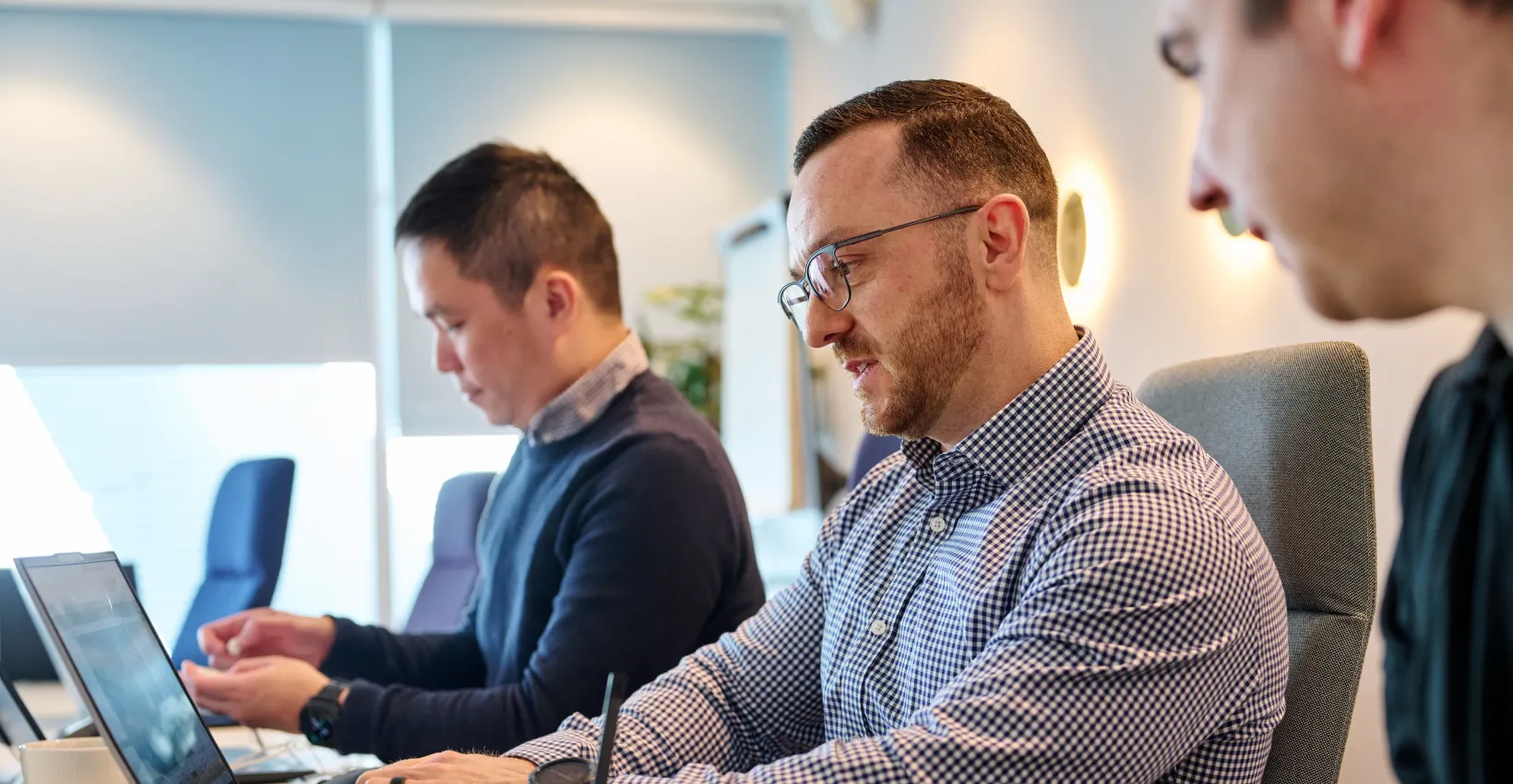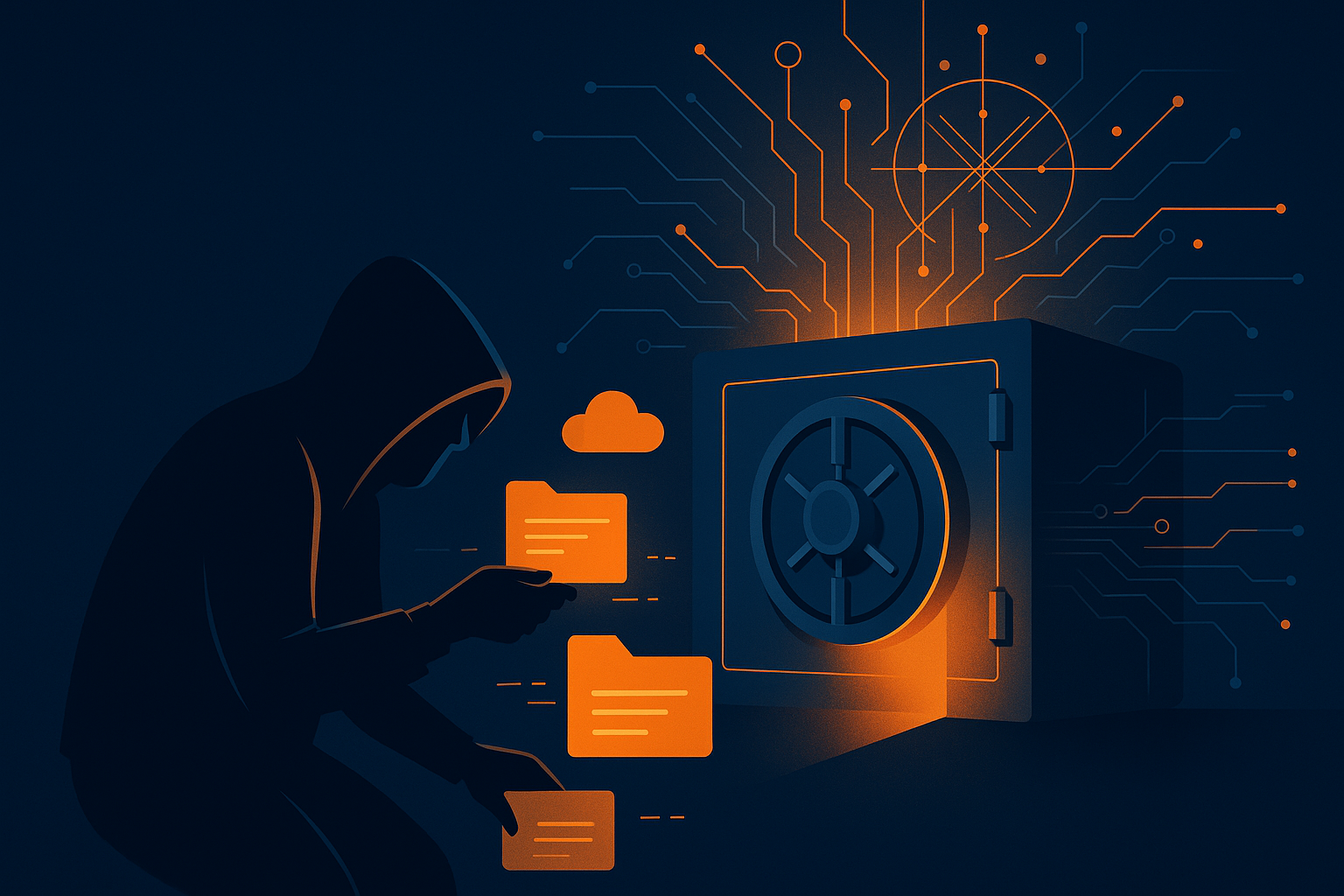
The Overlooked Cyber Risk Lurking on LinkedIn, Instagram, and Everywhere In Between
You’ve trained your teams on phishing. Maybe even on vishing. But have you trained them on what they’re posting on LinkedIn?
Social media has become one of the easiest ways for threat actors to gather intelligence. And the riskiest oversharers aren’t always junior staff, they’re often senior leaders, finance, or IT. With just a few public posts, attackers can map your org chart, spoof your executives, and launch a convincing attack.
In today’s cyber landscape, your awareness training needs to include social media because that’s where reconnaissance begins.
How Social Media Fuels Cyber Attacks
Threat actors don’t need to break in to get your secrets, they just follow your employees.
Here’s how attackers use social media as part of their playbook:
- Build Target Profiles: Public posts help identify who does what, who has access, and how to exploit it.
- Enable BEC Scams: “I’m traveling and need a quick wire sent…” hits different when the attacker knows your CFO is actually on vacation.
- Launch Credential Harvesting: Fake recruiters, fake vendors, or fake internal contacts can trick even cautious employees.
- Conduct Vendor Impersonation: By analyzing your AP/AR team’s contacts or comments, attackers can impersonate trusted partners with surgical precision.
- Timing Attacks for Maximum Damage: Announcements of board meetings, M&A activity, or earnings calls give attackers the perfect calendar to exploit.
Why Finance Is the Golden Goose
Cybercriminals love finance. Why? Because this team has:
- Direct access to bank accounts and wire transfers
- Vendor payment responsibilities
- Invoice management authority
- Routine contact with external partners – perfect for impersonation scams
The Most Common Social Media-Fueled Finance Attacks:
- Fake CEO wire transfer requests using travel timing + spoofed email
- Vendor fraud via impersonation and modified payment instructions
- Job scams targeting finance leaders with malware or credential theft
- LinkedIn messages that lead to malicious files disguised as invoices or reports
And all of it starts with a simple public post:
“Excited to announce I’ve joined as Director of Finance at [YourCompany]!”
What to Add to Your Awareness Program
It’s time to move beyond phishing simulations. Real-world security awareness now includes social media threat education.
Key Training Topics:
What Not to Post:
- Travel plans, conferences, team structure, vendor lists
- Screenshots, dashboards, or “work wins”
- Specific tools or platforms in use
- Promotions, titles, or financial updates
How to Spot Social Media-Based Attacks:
- Odd messages from people you just connected with
- Overly friendly recruiters or “job opportunities”
- DMs with links to “documents” or “invoices”
- New vendor contacts that don’t match usual communication channels
Smart Posting Guidelines:
- Delay real-time posts (especially for travel or events)
- Keep job descriptions and bios non-specific
- Avoid tagging sensitive accounts or executives
- Lock down privacy settings where possible
Train Teams Specifically On:
- BEC fraud tactics
- Vendor impersonation and fake invoice emails
- Red flags on LinkedIn (e.g. messages requesting urgent transactions)
- Validating payment changes through verified channels
A Culture of Caution, Modeled at the Top
Senior leadership, finance, and tech leads often post with the best intentions, but those updates are often the most dangerous. A strong awareness program:
- Includes executive-specific training
- Builds playbooks and policies for responsible social media use
- Conducts regular simulated BEC attempts that incorporate social cues
Real-World Examples (Anonymized)
- A CFO posted about attending an industry event. Attackers used that to spoof the CEO and request an urgent $1.2M wire “while in meetings.”
- A finance analyst shared a dashboard screenshot with a visible tool name. Two weeks later, the company experienced credential stuffing on that platform.
- An accounts payable lead accepted a LinkedIn connection from a fake vendor contact, and nearly updated payment details based on a fraudulent PDF.
Social Media Is a Cyber Channel. Treat It Like One.
Security awareness training has to reflect how people actually work and communicate. Social media is part of the job now, and that means it’s part of the attack surface.
When attackers know more about your team than you do, it’s not just embarrassing, it’s expensive.
Cyber Certainty™ Starts With Training That Reflects Reality
At CYPFER, our Awareness Training is built by the same experts who investigate breaches, recover data, and uncover root causes every day. Our Social Media Security module is part of a broader Cyber Certainty™ approach – customized by role, relevant to your teams, and based on actual attack tactics we’ve seen in the wild.
Let’s make training count.
Reach out today to learn more about our CYPFER Awareness Training, including finance-specific and social media-focused sessions that help you reduce exposure and protect what matters most. block.
Your Complete Cyber Security Partner:
Every Step, Every Threat.
At CYPFER, we don’t just protect your business—we become part of it.
As an extension of your team, our sole focus is on cyber security, ensuring your peace of mind. From incident response and ransomware recovery to digital forensics and cyber risk, we integrate seamlessly with your operations. We’re with you 24×7, ready to tackle threats head-on and prevent future ones.
Choose CYPFER, and experience unmatched dedication and expertise. Trust us to keep your business secure and resilient at every turn.

Get Cyber Certainty™ Today
We’re here to keep the heartbeat of your business running, safe from the threat of cyber attacks. Wherever and whatever your circumstances.
Contact CYPFER





